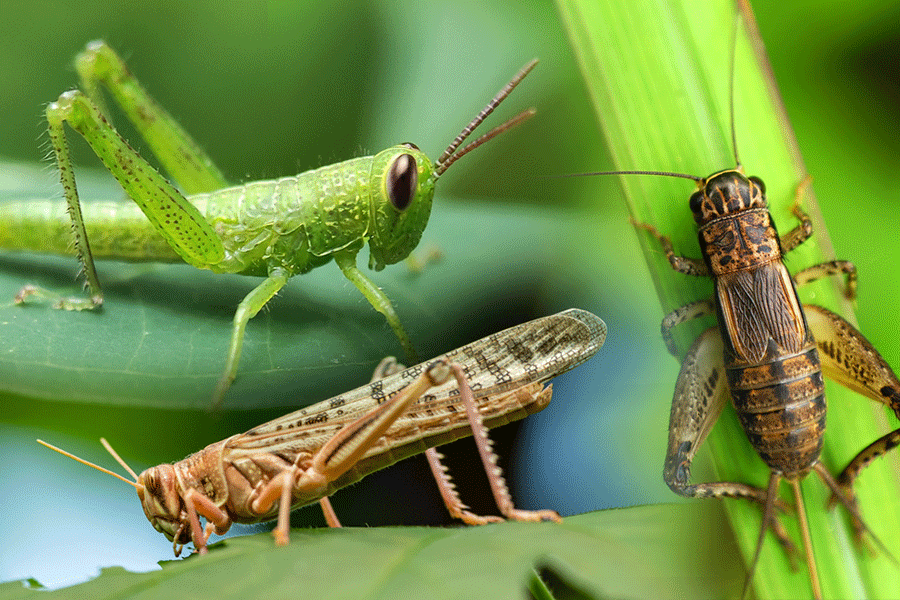Researchers from the Calcutta-headquartered Zoological Survey of India (ZSI) have identified 23 species of blood-sucking flies belonging to the Culicoides genus in the Andaman and Nicobar Islands, with 13 species being reported for the first time in India.
The findings, recently published in the international journal Parasites and Vectors, mark the first comprehensive survey of these insects in the archipelago, said researchers involved in the project.
“A total of 3529 adult Culicoides were trapped during the survey, representing 5 subgenera (a taxonomic category that ranks below genus and above species) and 3 unplaced species groups. The study recorded 23 Culicoides species, including 13 new species records for India,” said the report.
Known locally as “Bhusi flies,” these tiny insects, though similar in appearance to flies, are more closely related to mosquitoes in their feeding habits. They primarily feed on the blood of livestock such as sheep, goats and cattle, as well as wild animals like deer.
Of particular concern are five species known to transmit the Blue Tongue Disease virus, a condition that can be fatal to livestock and cause significant economic losses to the animal husbandry sector.
“The presence of multiple Culicoides species, particularly those responsible for
Blue Tongue virus transmission, necessitates regular surveillance and appropriate control measures in the Andaman and Nicobar Islands,” said ZSI director Dhriti
Banerjee.
“This is especially crucial given the region’s importance as a major tourist destination.”
The study, conducted in 2022 and 2023, revealed that 17 of the 23 species identified are known to bite humans, though researchers said no human disease transmission has yet been reported.
Atanu Naskar, the officer in charge of the ZSI’s Diptera section, said: “A systematic survey of the entire archipelago is needed to understand these insects’ role in disease transmission.”
Kaustav Mukherjee, one of the researchers involved in the study, noted that many areas in the islands remain unexplored.
“We expect to discover more Culicoides species as we continue our survey. Additionally, we are conducting population and genetic studies of these flies,” he said.
The symptoms of Blue Tongue Disease, caused by the virus transmitted by these flies, include blue discolouration of the tongue, fever, facial swelling and excessive salivation.
The disease, which can potentially lead to death, poses a significant threat to livestock farming and the agricultural economy.
“The discovery highlights the need for enhanced vector surveillance and control measures in the Andaman and Nicobar Islands to protect livestock and the tourism industry. The research team continues its work to better understand these insects and their potential impact on the region’s ecosystem and public health,” said a ZSI spokesperson.










